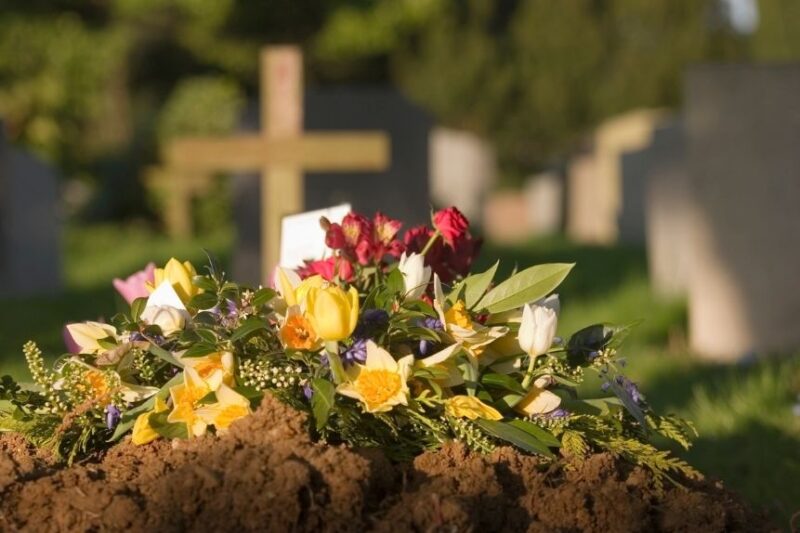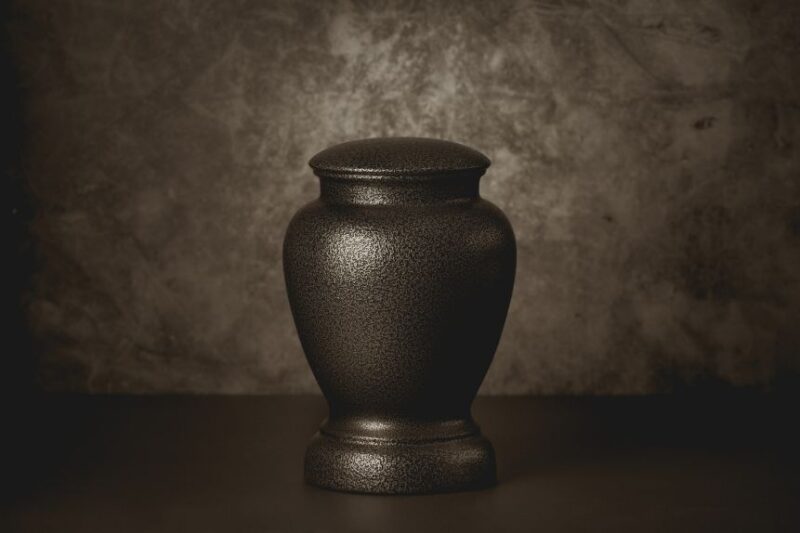
Burial is a traditional way to handle a deceased person’s remains, but it’s associated with some
costs and environmental impacts that many people find unpalatable. Cremation has been
proposed as an alternative that’s better for the environment, but why is this the case? And what
options are available to you if you choose cremation?
The Many Perks of Cremation
Environmental friendliness isn’t the only reason to consider cremation over a traditional burial. In fact, the many advantages of cremation, combined with declining interest in burial as a tradition, have pushed millions of people to embrace cremation as their primary choice.
According to Susan Fraser of In The Light Urns, “cremation affords an abundance of options. You can choose to scatter a loved one’s ashes or keep them at home in a custom urn. You can use them in a piece of cremation jewelry or integrate them into a beautiful work of art. In essence, it gives you an opportunity to remember your loved one and keep them close however you see fit.”
Cremation is also much more affordable than traditional burials. It’s a simpler, more straightforward process that isn’t attached to peripheral expenses, like embalming or caskets. It also happens to be that cremation is somewhat better for the environment than a traditional burial.
The Environmental Impact of Traditional Burial
These are just some of the ways that traditional burial can impact the environment:
Land use. Burying a body occupies a significant section of land. Once a body is buried, the land can’t be used for much else. This is designed to be a permanent resting place, but because land is a finite resource, an excess of traditional burials could eventually present issues related to land availability.
Embalming chemicals. Embalming is a major element of traditional burial. When preparing a body, morticians will typically use a variety of preservative chemicals, which keep the body in good condition and prevent it from deteriorating prematurely. Once buried, these chemicals remain and can eventually have an environmental impact.
Transportation. Traditional burials also require more transportation. The body will need to be transported to multiple locations, eventually arriving at its final resting place. While this impact is minor, it is worth considering.
Caskets. Caskets are typically designed to be sturdy and resilient, but this also means they tend to be difficult to break down.
Cemetery maintenance. On top of that, traditional burials usually take place in cemeteries. Cemeteries themselves require significant resources for upkeep, including extra water and pesticides to keep the space looking beautiful.
Why Is Cremation Better?
Why is cremation better than a traditional burial for the environment?
First, we should acknowledge that cremation isn’t perfect when it comes to environmental impact. Cremating a body requires a lot of energy and produces greenhouse gas emissions. On top of that, if there are any metals or foreign substances in the body, they can be released into the atmosphere upon cremation.
However, there are several environmental advantages of cremation over traditional burial, including:
Less space. Even if you decide to house your loved one’s ashes in a cemetery, the cremated remains are going to take up far less space than a full body. With cremation, land usage isn’t much of an issue.
No embalming fluids. Additionally, you won’t need to embalm your loved one if you have them cremated. There will be no embalming fluids leaching into the environment.
Less transportation. Generally, cremation requires less transportation than traditional burial, reducing the amount of greenhouse gasses released into the atmosphere.
Options for cremated remains. There are many ways to handle and permanently store cremated remains, including especially environmentally friendly options like integrating ashes into new trees or coral.
No ongoing maintenance. It’s possible to store cremated remains in a columbarium, which is typically found in a cemetery. These don’t require much ongoing maintenance.
When considering options for a deceased loved one, there are many factors to bear in mind, and environmental impact is only one of them. Still, cremation is an environmentally friendly alternative to traditional burial – and that’s just one of the many reasons it’s rising in popularity.




